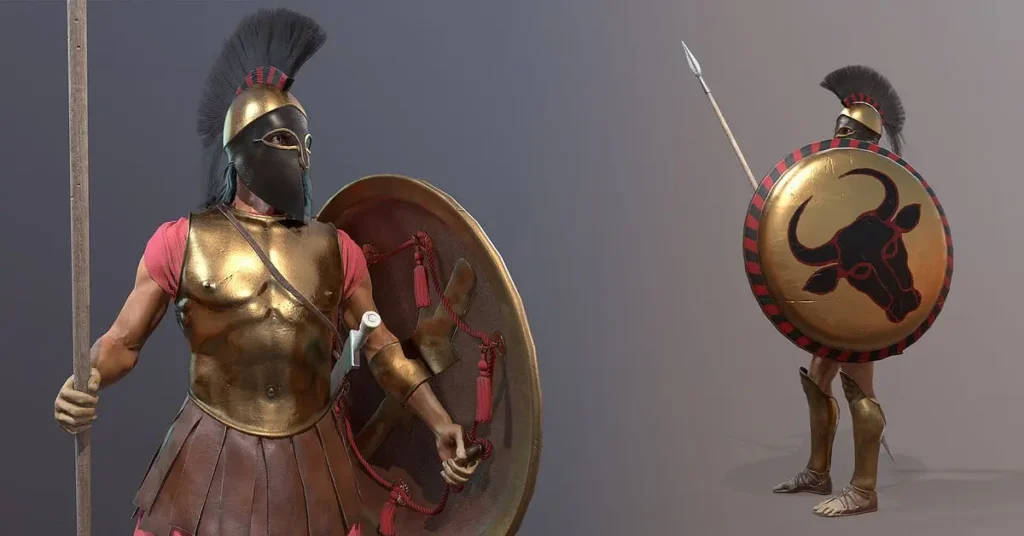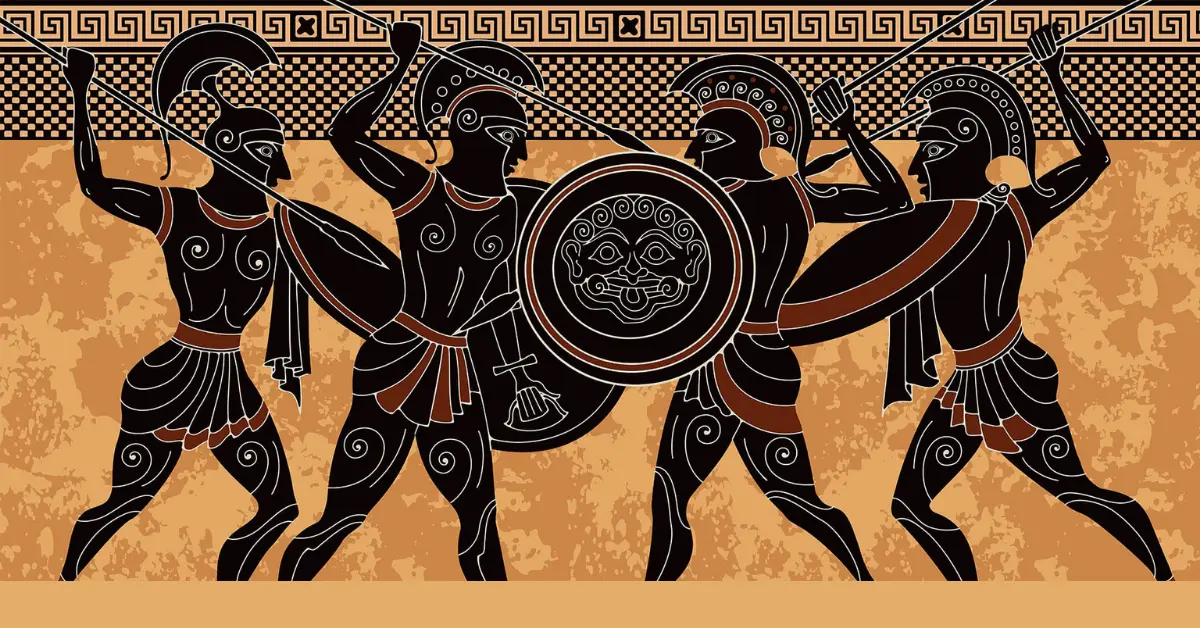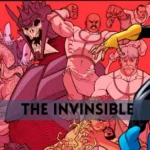The image of the Spartan warrior – a stoic, hyper-masculine figure honed for battle – has dominated popular perception for centuries. This image often leads to a simplistic question: were Spartans gay? The answer, however, dives deep into the complexities of ancient Greek sexuality and the unique Spartan social structure.
The ancient Spartans, renowned for their military prowess and disciplined lifestyle, have long been subjects of fascination and speculation. Among the many questions surrounding Spartan society, one that often surfaces is the inquiry into the nature of their interpersonal relationships, specifically whether Spartans were gay.
While it is crucial to approach historical topics with sensitivity and avoid anachronistic interpretations, this article will delve into the evidence and cultural context to shed light on the complex dynamics of Spartan relationships.

Unlike modern sexual orientation categories, the ancient Greeks viewed relationships through a different lens. They placed emphasis on age and social roles within relationships, not solely on physical attraction. In Sparta specifically, relationships between older men (erastes) and younger men (eromenoi) were a sanctioned part of the educational system, known as pederasty. These relationships aimed to instill courage, discipline, and social graces in the younger men while offering guidance and mentorship from the elder.
However, these relationships weren’t purely platonic. There was often a romantic and sexual element involved. Plutarch, a Greek biographer, mentions the disapproval of purely physical relationships in Sparta, suggesting an expectation of emotional connection within these bonds.
Military prowess was paramount in Spartan society. Some historians argue that these pederastic relationships fostered strong emotional bonds between warriors, leading to increased loyalty and fighting spirit in battle. The idea of fighting alongside someone you loved and respected could certainly inspire bravery. However, this interpretation is not without its critics. Xenophon, a Greek historian, suggests Spartans disapproved of forming military units based solely on these relationships, prioritizing skill over emotional attachment.
Spartan women also played a unique role. Unlike women in other Greek city-states, Spartan women received physical training and were expected to manage the household while their husbands focused on military pursuits. This societal structure allowed for a level of independence for Spartan women unseen elsewhere in Greece.
Marriage for Spartan men was primarily about producing strong children for the state. However, the details surrounding marital intimacy remain murky. Some sources suggest a custom where Spartan brides would have their hair cut short and dress as men on their wedding night, perhaps to ease the transition from a potentially romantic relationship with an erastes to a marriage focused on procreation.
Also read: What Is Autosexual? What is Autosexual Flag?
Spartan Society
To comprehend the dynamics of Spartan relationships, it is imperative to understand the structure of their society. Spartans lived in a militaristic state where the primary focus was on producing exceptional warriors. The agoge, the state-sponsored education and training system, played a central role in shaping the lives of Spartan citizens. Boys entered the agoge at a young age, undergoing rigorous physical and mental training under the guidance of older mentors known as the “ephors.”
Male Bonding in the Agoge:
The agoge fostered a strong sense of camaraderie among the young Spartans. The communal lifestyle, shared experiences, and collective hardships forged deep bonds between the boys undergoing training. Such bonds were not necessarily indicative of romantic or sexual relationships but rather a product of the intense and demanding environment they were immersed in.
Plutarch’s “Life of Lycurgus”:
Plutarch, a prominent ancient historian, provides insights into Spartan society in his work “Lives of the Noble Grecians and Romans.” In his biography of Lycurgus, the legendary lawgiver of Sparta, Plutarch mentions the importance of encouraging friendship and mutual affection among soldiers. This emphasis on comradeship extended beyond the battlefield, fostering a sense of loyalty and unity within the Spartan ranks.
Xenophon’s “Constitution of the Lacedaemonians”:
Xenophon, another ancient historian and philosopher, offers a detailed account of Spartan society in his work “Constitution of the Lacedaemonians.” Xenophon emphasizes the importance of self-control and discipline among Spartans, traits that were instilled during their upbringing in the agoge. While Xenophon does not explicitly mention homosexuality, he underscores the significance of maintaining strong bonds between fellow citizens.
The Sacred Band of Thebes:
To gain a broader perspective on relationships in ancient Greece, it is crucial to examine the Sacred Band of Thebes, a military unit composed of 150 pairs of male lovers. While Thebes and Sparta were distinct city-states with different cultural norms, the existence of such units in ancient Greece suggests that same-sex relationships were not uncommon, especially in military contexts.
Shades of Grey: Beyond Labels
Understanding Spartan sexuality requires moving beyond the modern concept of “gay.” While same-sex relationships were a significant part of Spartan society, they served a specific social and educational purpose. Spartans weren’t opposed to procreation or marriage with women. It’s more accurate to say their society embraced a more fluid and multifaceted approach to love and intimacy.
The Legacy and the Lens
The historical lens through which we view Sparta also plays a crucial role. Much of our knowledge comes from later Roman and Greek writers, who often viewed Spartan customs with a critical eye. Their biases can skew our understanding. Additionally, the fragmentary nature of ancient Greek sources leaves some gaps that can be easily filled with misinterpretations.
Unraveling the Enigma
Ultimately, the question of “Were Spartans Gay?” is an oversimplification. Spartan society embraced a complex system of relationships that transcended modern labels. Love, mentorship, and military prowess were intricately woven together, shaping Spartan culture in ways that continue to intrigue historians today.
Content Contributor: Juhi Saluja









